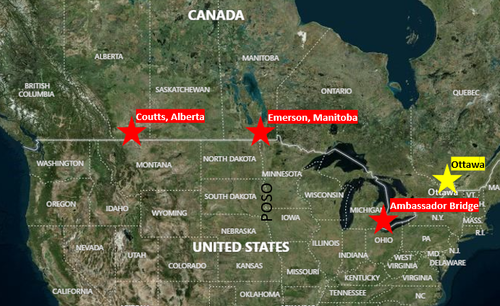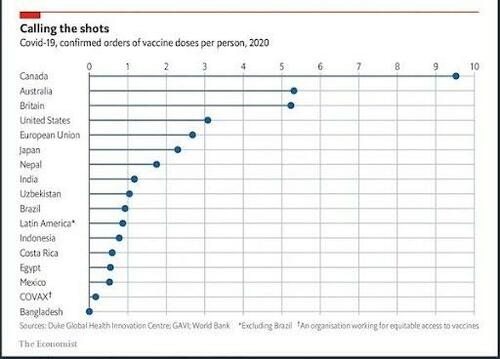Recently, the Federal Reserve announced new interest rate hikes to curb the rampant inflation we’ve seen over the last several months. That’s an important step, because what happens to a society when consumer prices skyrocket is not a pretty picture.
We have vivid historical examples of the havoc that runaway inflation can cause: Germany immediately after the First World War, Argentina during most of the past four decades, Venezuela after the election of President Nicolás Maduro in 2013. In each instance, mass suffering ensued, political conflict increased, civil disorder spread, and crime rates rose.
While these cases each saw inflation at far greater levels than we currently have, more modest price increases can also spark crime and social strife. U.S. crime rates rose sharply during the period of sustained inflation in the 1970s. With inflation now running at a 40-year high, price stability needs to become a top policy priority of the Biden administration to avoid a similar fate.
Rising prices increase both nonviolent and violent crime. Inflation drives up so-called acquisitive crime — offenses committed for monetary gain. Inflation reduces purchasing power, especially when incomes fail to keep pace with rising prices. As prices increase, consumers “trade down” to discount outlets in search of cheaper goods. Some enter the market for stolen goods. Expanding underground markets increase incentives for the robbers and thieves who supply the goods and crime rates rise.
Violent crime, including homicide, is also elevated in underground markets. Stolen goods markets are “stateless”, bringing together sellers and buyers who lack formal ways to settle disputes over the price, quantity, and quality of goods. Those who possess stolen goods also risk attack by street robbers. As the traffic in stolen goods increases, therefore, violence does as well.
Both acquisitive crime and homicide rates have risen and fallen together with inflation for the past half century in U.S. cities. Our research shows that homicide increases are greatest in the most economically disadvantaged cities. In some cities (e.g., Atlanta, Boston, and New York), inflation first increases crimes like robbery, burglary, and theft which, in turn, lead to increases in homicide. But elsewhere the effect of inflation on homicide rates occurs through other means, including declining trust in social institutions.
Rampant inflation has momentous effects on public trust, social order, and political stability. In fact, rising rates of inflation were one cause of the plummeting confidence in American institutions during the quarter century separating the prosperous 1960s and the early 1990s. Political analyst Michael Tomasky has written that the hyperinflation of the 1970s in the United States “was as pivotal a factor in our national crackup as Vietnam and Watergate.”
Institutional trust is again at historically low levels. According to the PEW Research Center, only about a quarter of Americans currently trust the federal government to do what is right “just about always” or “most of the time.”
Lack of confidence in the federal government might seem to be a distant and insubstantial source of the often mundane tensions, disputes, and grievances that give rise to homicide. Yet, as research by historian Randolph Roth has shown, feelings and beliefs about the interests and identities served by those in power can have fearsome consequences for everyday life. Distrust sows discontent, hostility, and conflict—the preconditions for violence.
Inflation has more immediate, direct, and widespread consequences for economic wellbeing than any other economic factor, especially for those of modest means. A rise in unemployment poses obvious difficulties for the jobless, but most people remain employed even during economic downturns. Except for the very wealthy or business owners who can adjust their own prices, inflation affects everyone.
For these reasons, price stability is a key public policy priority. It is one of the three central objectives of the Federal Reserve, along with maximum employment and moderate long-term interest rates.
Given the substantial evidence showing that inflation increases crime, public safety must now also be a direct objective of U.S. monetary policy, particularly when it comes to preventing steep and prolonged price increases. The Fed lists among its purposes “promoting consumer protection and community development.” Fighting inflation and increasing public safety serves both ends.
Richard Rosenfeld is Curators’ Distinguished Professor Emeritus of Criminology and Criminal Justice at the University of Missouri-St. Louis. He is a Fellow and past president of the American Society of Criminology. Matt Vogel is Associate Professor of Criminal Justice at the University at Albany and a faculty affiliate in the Department of Sociology and the Center for Social and Demographic Analysis.



